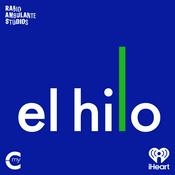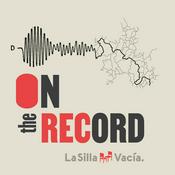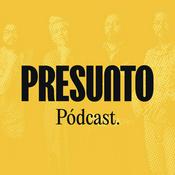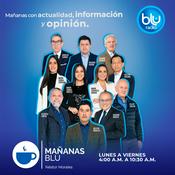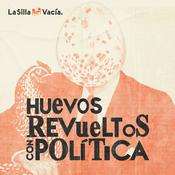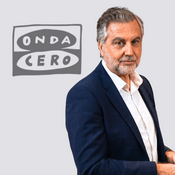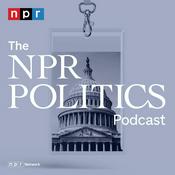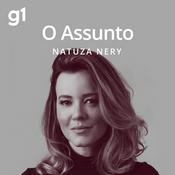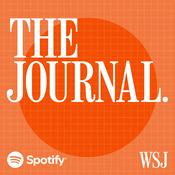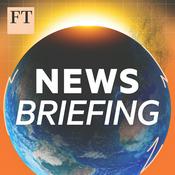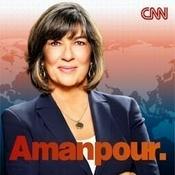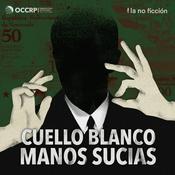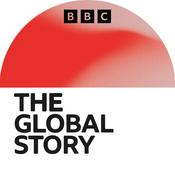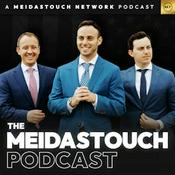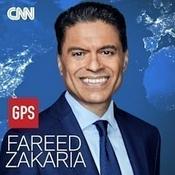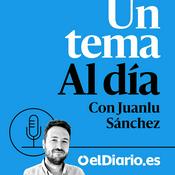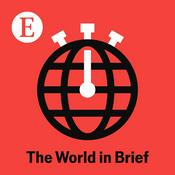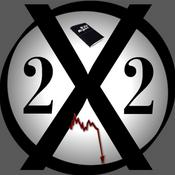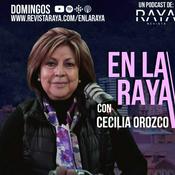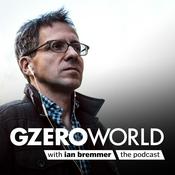254 episodios
- As the world braces for another difficult year, a single global event promises to capture the attention of billions: the FIFA World Cup, co-hosted by Canada, Mexico, and the United States. In this episode, New Thinking for a New World takes a detour from geopolitics and climate to explore how an event of this scale actually comes together. Gabriela Cuevas—an experienced Mexican political leader—has the daunting task of coordinating Mexico’s role in a 104-match tournament watched around the globe. She joins the podcast to discuss the logistical, political, and cultural challenges of hosting the world’s most popular sporting event—and the opportunities it creates for countries and communities alike.
- For decades, warnings about the destruction of the Amazon and Congo rainforests have grown louder, even as meaningful action has lagged behind. International summits and political declarations continue, but the forests edge closer to dangerous tipping points. In this episode, we ask whether a different approach is needed. Dr. Gladys Kalema-Zikusoka, Dr. Fernando Trujillo, and Sam Muller bring perspectives shaped by hands-on experience in conservation, science, justice, and governance. Together, they argue that protecting the world’s great rainforests is not only an environmental challenge, but also one of equity, economic development, and power—and that lasting solutions are more likely to emerge from the ground up than from global pledges alone.
- The world is entering a new era of conflict: more violent, more fragmented, and with more civilians caught in the crossfire than at any time since World War II. But the consequences of war may extend far beyond the battlefield. Rana Dajani, Jordanian molecular biologist and long-time member of the Tällberg network, is part of a research team uncovering how traumatic violence might alter gene expression and affect not only survivors but also their children and grandchildren. In this episode, she explains the emerging science behind intergenerational trauma and explores what these findings could mean for societies living through—and after—conflict.
- Sperm whales are among the most extraordinary creatures on the planet—massive, deep-diving, highly social, and constantly communicating. David Gruber, marine biologist and founder of Project CETI, leads a global team of scientists using cutting-edge technology to decode the vocalizations of these remarkable animals. A 2025 Tällberg-SNF-Eliasson Global Leadership Prize winner, Gruber explains how understanding whale communication isn’t about speaking to them, but about learning how they see and interact with the world we share. In this episode, he discusses the science, wonder, and purpose behind CETI—and what unlocking whale language could mean for humanity.
- For thousands of years, Greek tragedies have helped people make sense of fear, grief, conflict, and the complexities of being human. Bryan Doerries—co-founder and Artistic Director of Theater of War Productions and a newly selected Tällberg-SNF-Eliasson Global Leadership Prize winner—has spent nearly two decades bringing these timeless texts to contemporary audiences. In this episode, he reflects on how classical stories open space for empathy, dialogue, and healing in the 21st century. By stripping away the myth that our struggles are unique to our time, Doerries helps reveal what connects us across cultures and generations.
Más podcasts de Noticias
Podcasts a la moda de Noticias
Acerca de New Thinking for a New World - a Tallberg Foundation Podcast
Aiming to provoke people to think — and therefore act — differently about the global issues that are shaping their future, the Tällberg Foundation is sharing some of its conversations in podcast form. The podcast invites you to hear from leaders from different sectors and geographies as they explore issues that are challenging and changing our societies.
Sitio web del podcastEscucha New Thinking for a New World - a Tallberg Foundation Podcast, The Daily y muchos más podcasts de todo el mundo con la aplicación de radio.net
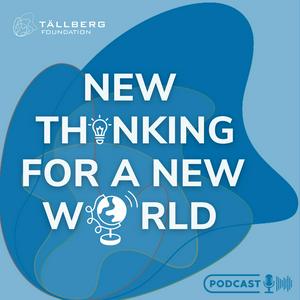
Descarga la app gratuita: radio.net
- Añadir radios y podcasts a favoritos
- Transmisión por Wi-Fi y Bluetooth
- Carplay & Android Auto compatible
- Muchas otras funciones de la app
Descarga la app gratuita: radio.net
- Añadir radios y podcasts a favoritos
- Transmisión por Wi-Fi y Bluetooth
- Carplay & Android Auto compatible
- Muchas otras funciones de la app


New Thinking for a New World - a Tallberg Foundation Podcast
Escanea el código,
Descarga la app,
Escucha.
Descarga la app,
Escucha.



